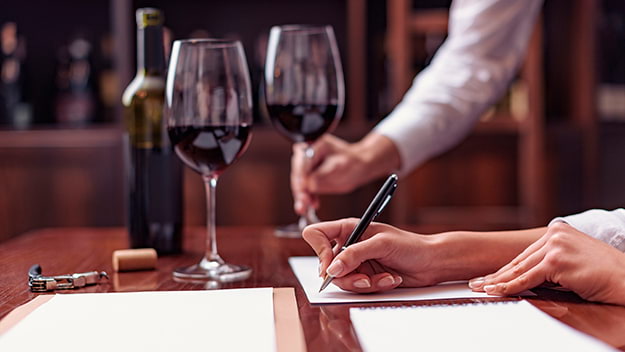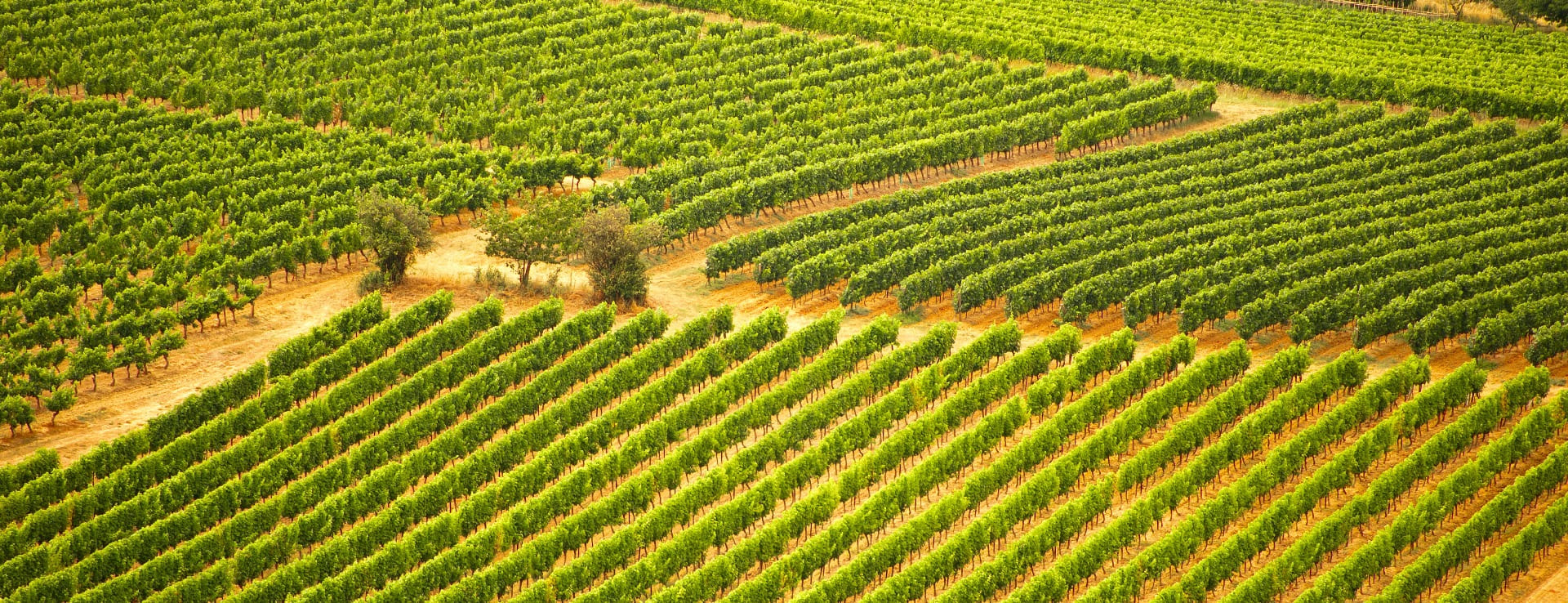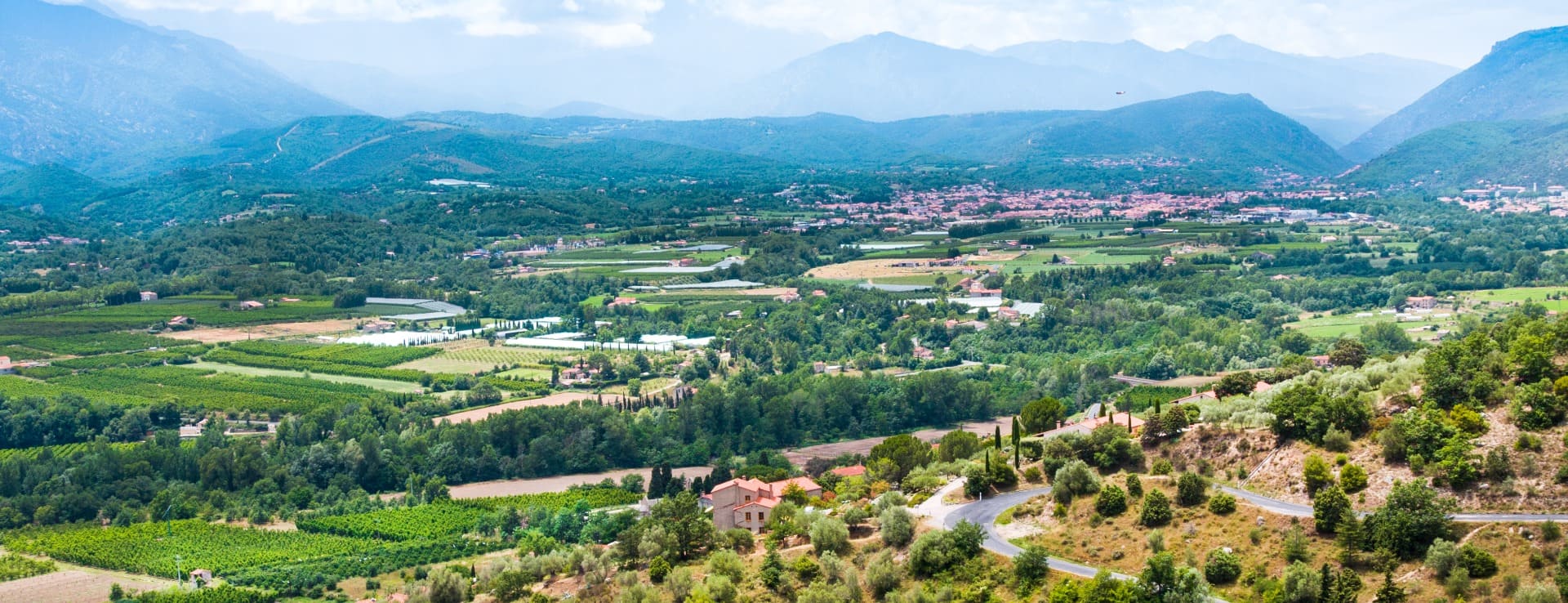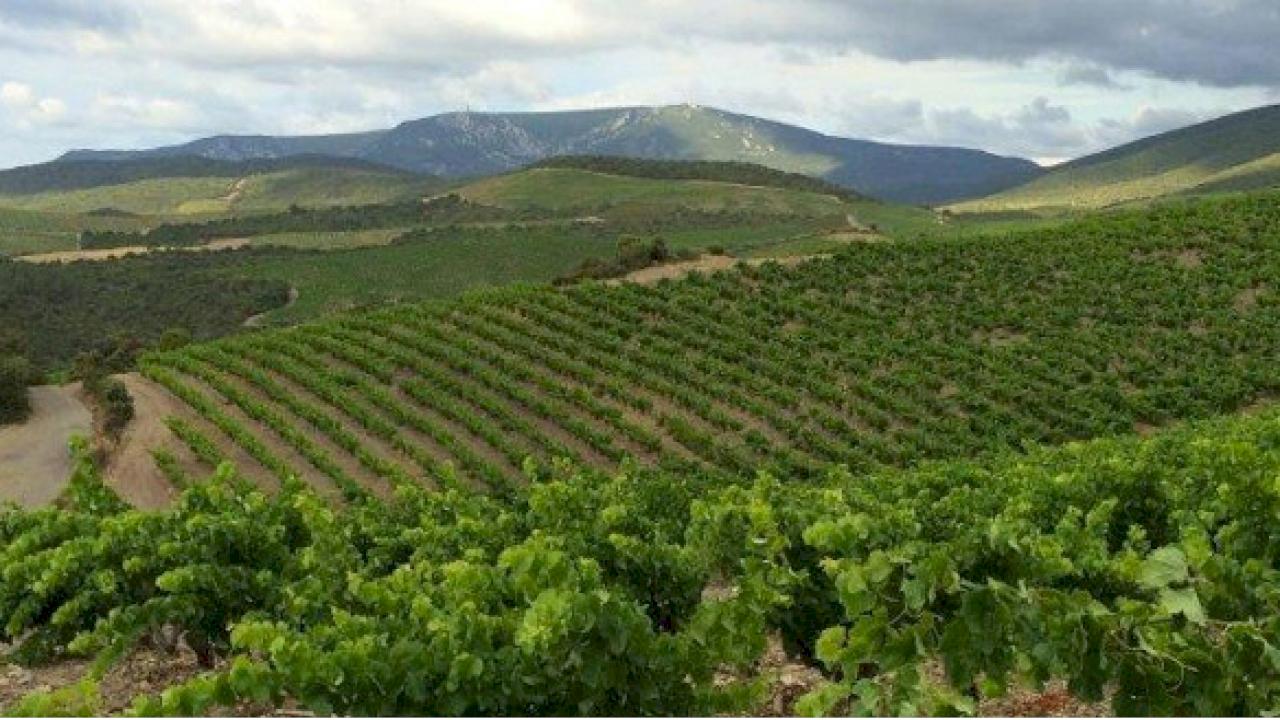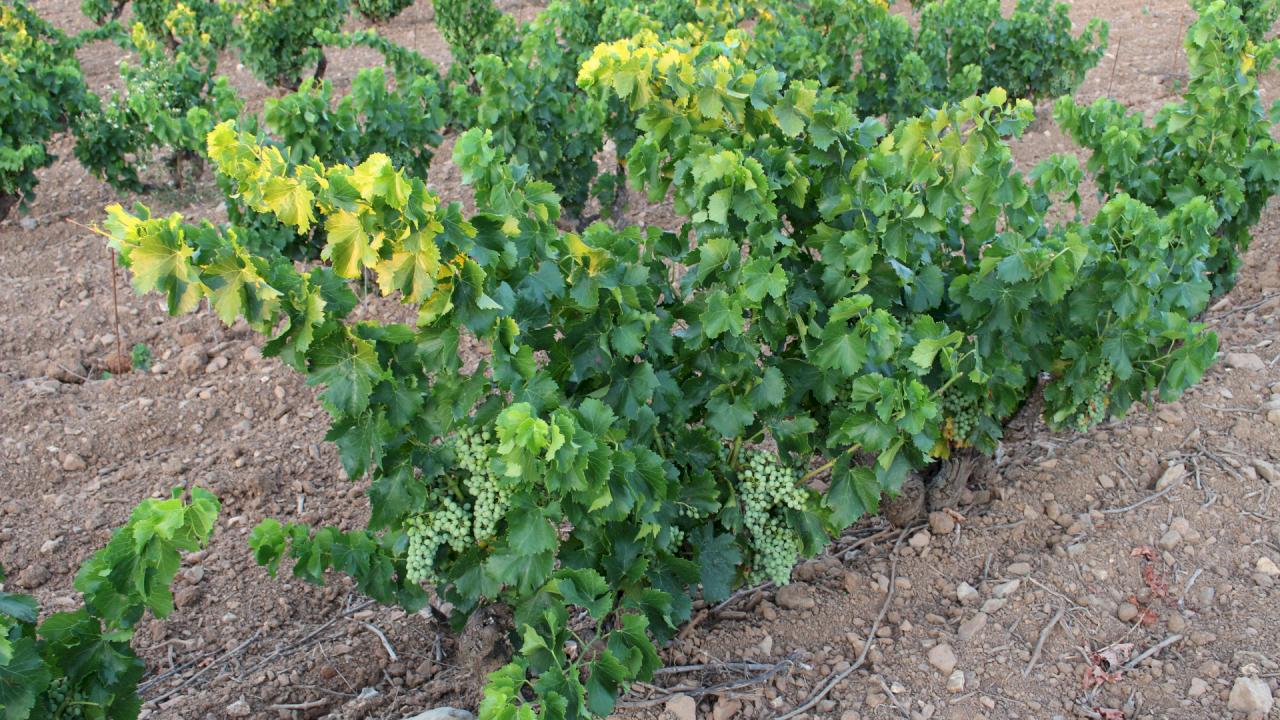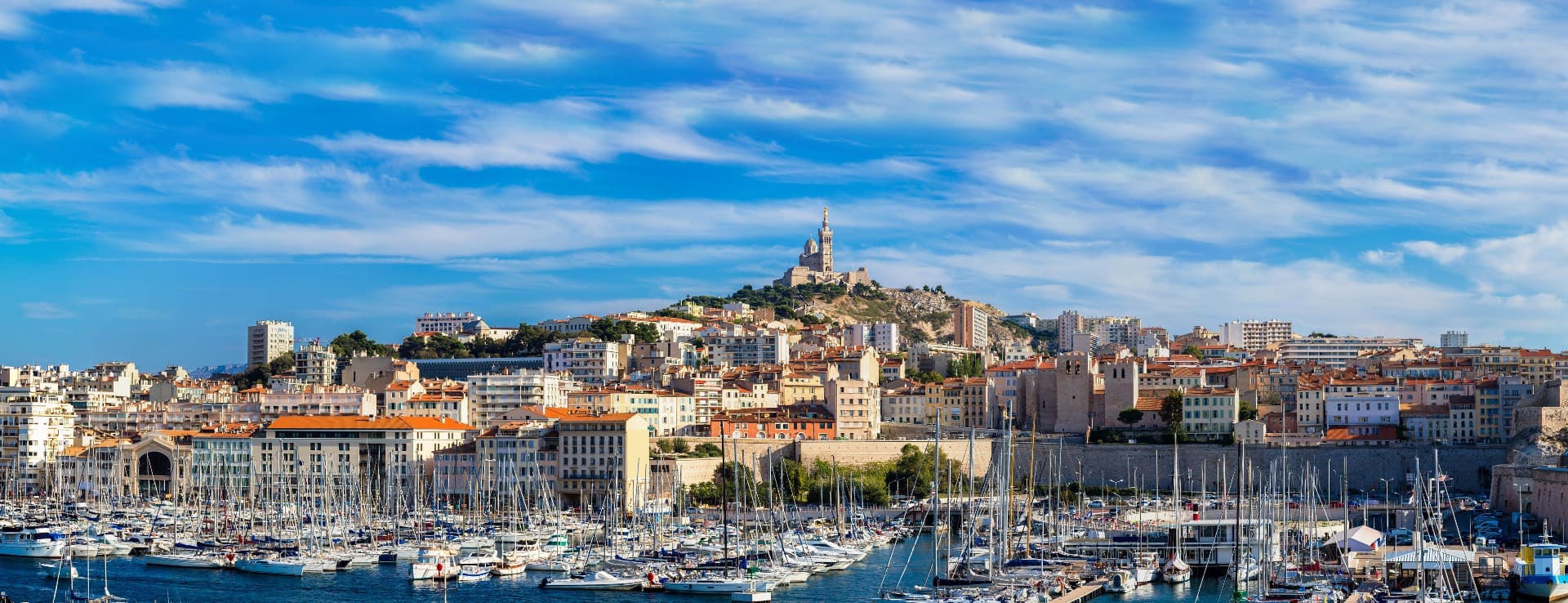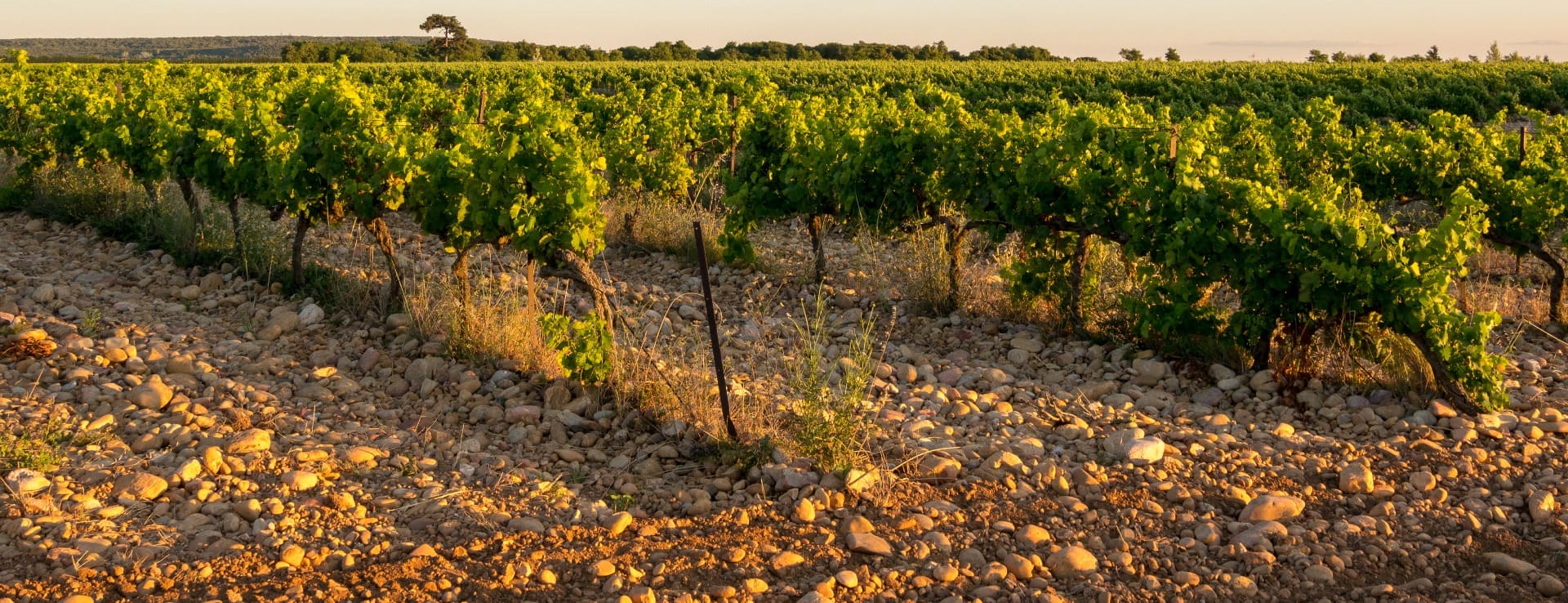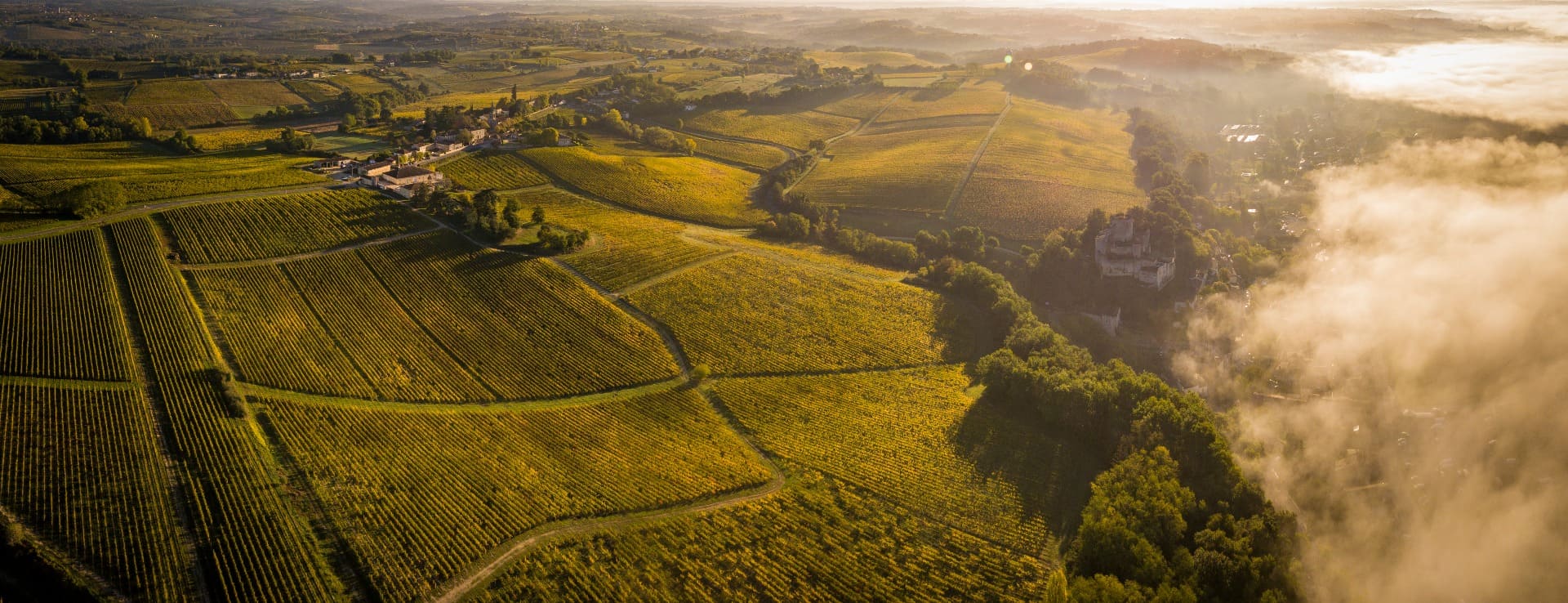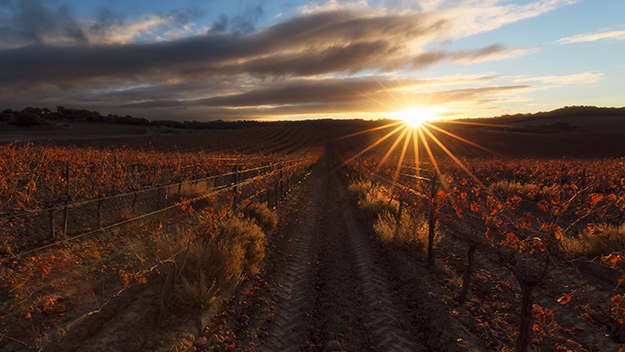Find your winery or vineyard
3 Wineries and Vineyards for sale in Les AOC du Roussillon
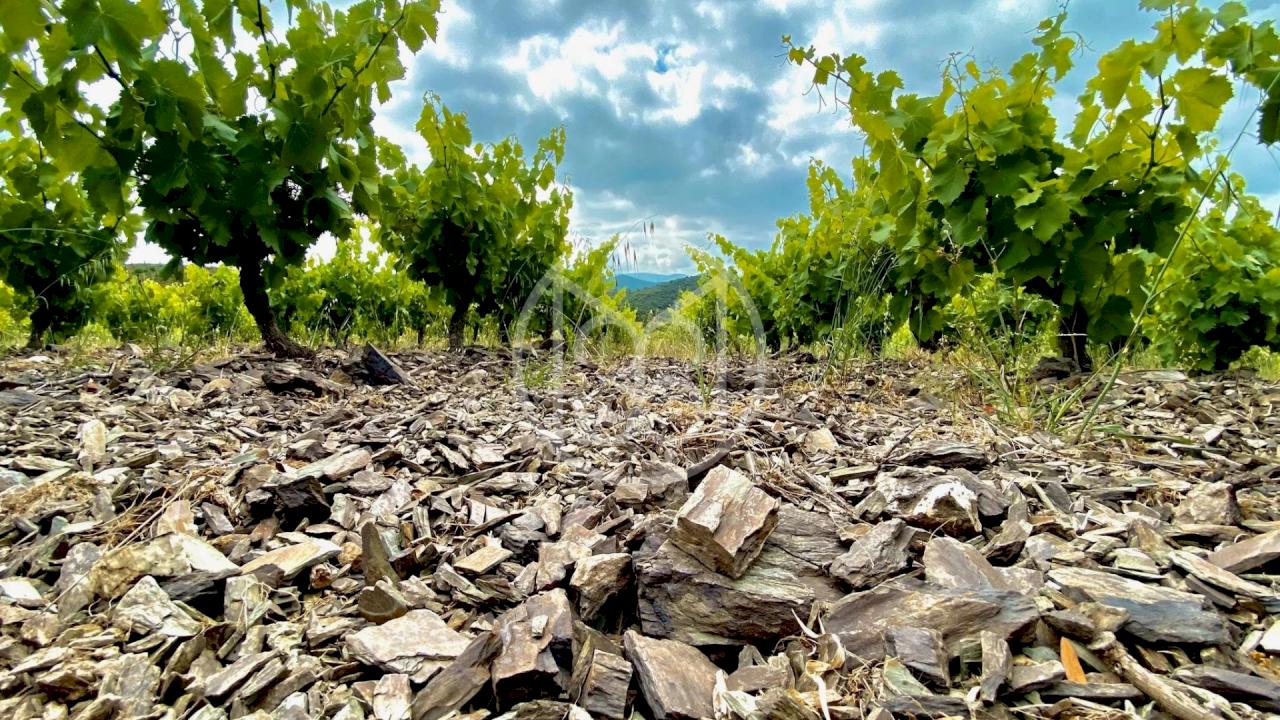
ORGANIC WINERY WITH 10 HA OF VINEYARDS AND TOURIST APARTMENTS.
AOC CORBIÈRES
Infographic of the Denomination of Origin
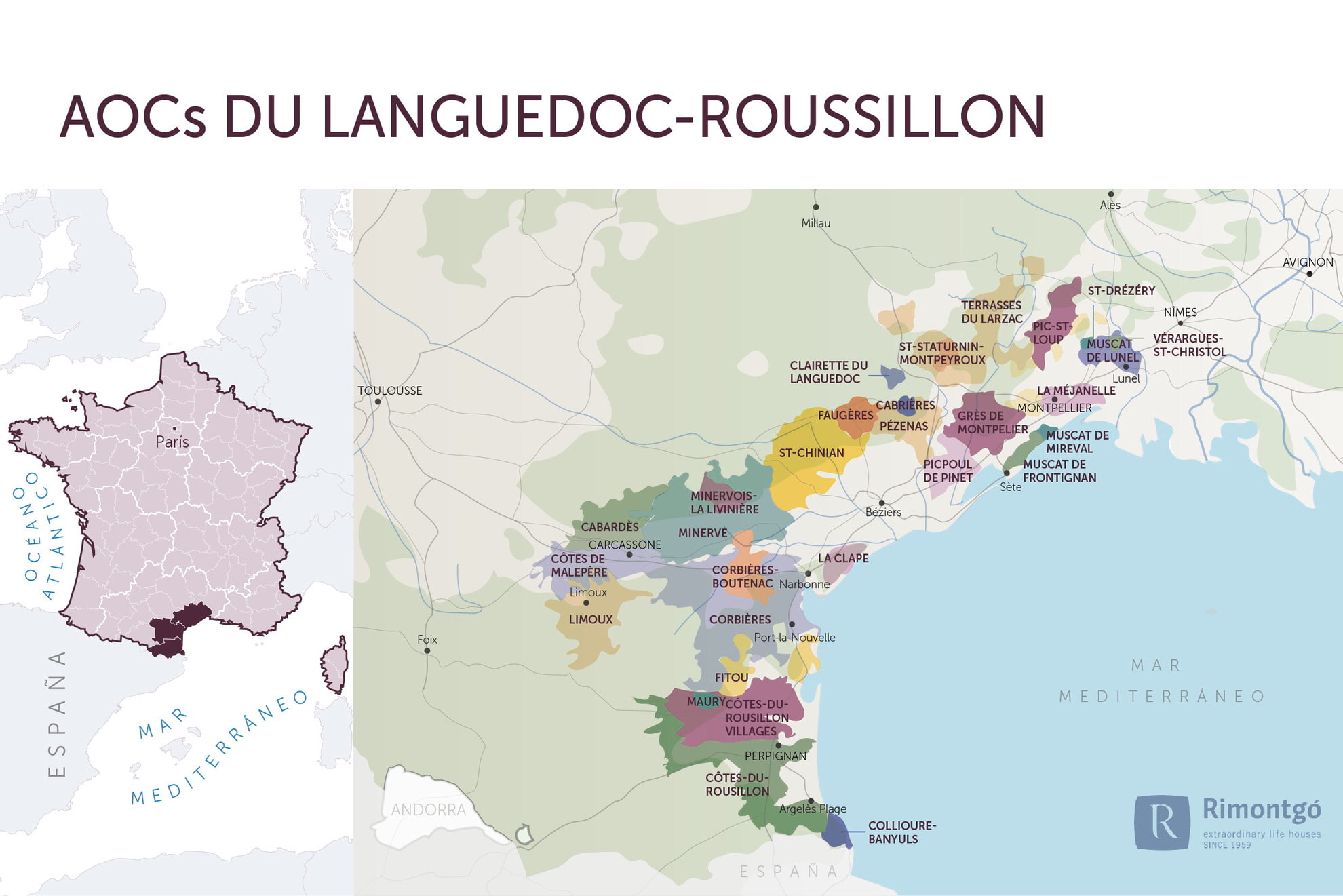
Change to imperial units (ft2, ac, °F)Change to international units (m2, h, °C)
Roussillon AOCs
HISTORY
Bathed by the Mediterranean sun, caressed by the winds of the Gulf of Lyon, the vineyards of the region produce wines marked by their southern character with an exuberant touch that is noticeable in the mouth from the very first moment. Thanks to a favourable climate and good ripening of the grapes, Languedoc winemakers produce wines that are full-bodied and generous in substance. The tannins of the reds are very present, which does not prevent them from being round and velvety, coming from the best terroirs.
While most of the French wine-growing areas have given priority to appellations over table wines, Languedoc Roussillon has practised a blend that can sometimes be a little confusing.
After having been for a century the major table wine production area, Languedoc-Roussillon is reborn with its own brilliance after 30 years thanks to a new generation of talented winemakers. The case of this wine-growing area is special in the French wine scene, a vineyard that undoubtedly has everything it needs to make good wine (climate, soil and subsoil too) but which nevertheless still bears the weight of a dubious past. Throughout the 19th century and for much of the 20th century, intensive viticulture was practised, aimed at mass production, with no other interest than achieving a high level of alcohol in the wines. Although this trend has changed today, it will continue to mark the personality of the region's wines. For a long time, the vineyards of the plain were more sought after than those of the hillsides, with replanting and the recreation of abandoned vineyards, the best terroirs have not yet been exploited at their optimum level. Moreover, the regional appellations have a public image of cheap and mediocre wines, limiting the ambitions of the most ambitious and gifted winemakers. However, these winemakers have enthusiastically embarked on a qualitative revolution and this past will not make the world miss out on the best wines of Languedoc-Roussillon.
And of course, we must not forget to mention the great quality of the natural sweet wines, whether Muscat or Grenache, such as the wines of Rivesaltes, Maury and Banyuls. Quite unknown and suffering perhaps from an image of old wines, these wines need to be rediscovered.
In 30 years, the Languedoc Roussillon vineyard has gone from 500,000 ha to 250,000 ha, leaving marks on the landscape of the stigmata of the massive grubbing up that is far from over.
SOILS
Geologically, the Roussillon is a convulsed area which has undergone profound upheavals in the Tertiary and Quaternary periods. It is marked by the uplift of the Pyrenees, which modelled its relief, giving it a multitude of soils with very different characteristics. A unique diversity in the world. Terroirs so powerful that this raw and chiselled material can only produce great wines.
CLIMATE
The Roussillon vineyard is exposed to a demanding climate par excellence, with hot summers, mild autumns and winters and rainfall concentrated in autumn and spring. Every other day, the vineyard is hit by the Tramontana, a predominantly dry north wind which results in exceptional sanitary conditions and reduces the need for phytosanitary treatments.
SWEET WINES
This region of Languedoc-Roussillon is the most important in terms of the production of natural sweet wines, others being the renowned Banyuls, Maury and Rivesaltes. These current wines are the heirs of those sweet wines with a high sugar content that were appreciated in ancient times by the Romans. It is from the 13th century onwards and thanks to the discovery in 1285 by Arnau de Villanova, professor of medicine at the faculty of Montpellier, that these wines became more widely known. This man discovered that the addition of alcohol during fermentation stopped the fermentation process. This discovery allowed winemakers to control the fermentation of sweet wines as they wished. Today, it is permitted to add neutral wine alcohol (96% vol.) in a proportion of 5 to 10% of the volume of the fermenting must. Only four grape varieties are authorised: Garnacha, Macabeo, Muscat and Malvasía. The final alcohol content must be between 15 and 18% vol.
After the fermentation phase and with the exception of Muscat, which is intended to be drunk young, these sweet wines are aged in barrels, tanks or bottles before being marketed. The ageing time is between two and 20 years and sometimes more, depending on the type of wine desired. It is with time that it reaches that subtle colour and perfume that distinguish it. Sometimes the wines are kept in 60-litre demijohns in the open air, exposed to the sun's rays and changes in temperature. This exposure accelerates the effects of ageing and oxidises the wine.
In Languedoc-Roussillon there are nine AOCs covering 12,000 ha: Banyuls and Banyuls Grand Cru, Maury, Muscat de Rivesaltes, Rivesaltes, Muscat de Frontignan, Muscat de Lunel, Muscat de Mireval and Muscat de Saint-Jean de Minervois. We must not forget the Muscat de Beaumes-de-Venise, in the neighbouring department of Vaucluse in Provence and the Muscat de Cap Corse in Corsica.
WINERIES
Domaine Bertrand Bergé, Domaine Gardés, Domaine de la Rectory, Domaine Sarda-Malet, Domaine Vial Magnères, Domaine La tour vieille, Domaine de Casanova, Domaine du Mas Blanc, Domaine du Clos de Fées, Domaine Olivier Pithon, Domaine Le Soula, Domaine Boudau, Châteaux Champs de Soeurs, Domaine Puig-Parahÿ, Domaine le Roc des Anges, Mas Amiel, Domaine Gauby.
Discover more wineries and vineyards for sale in these wine regions in France
Subscribe to our mailing list to receive news about wineries and vineyards.
